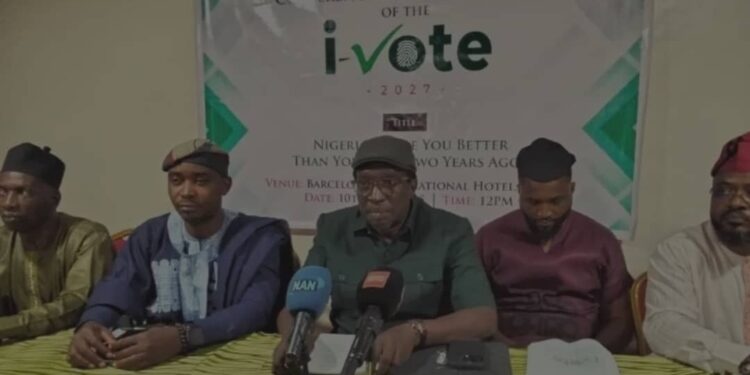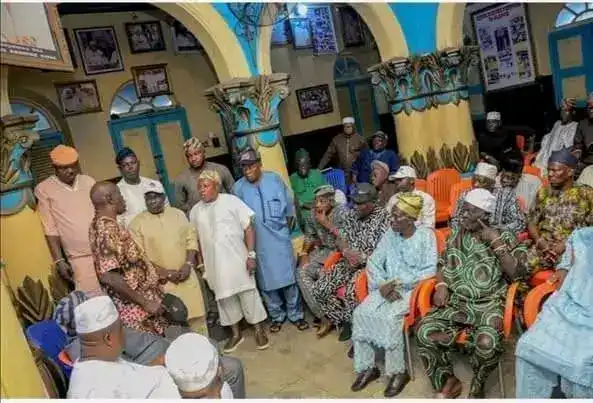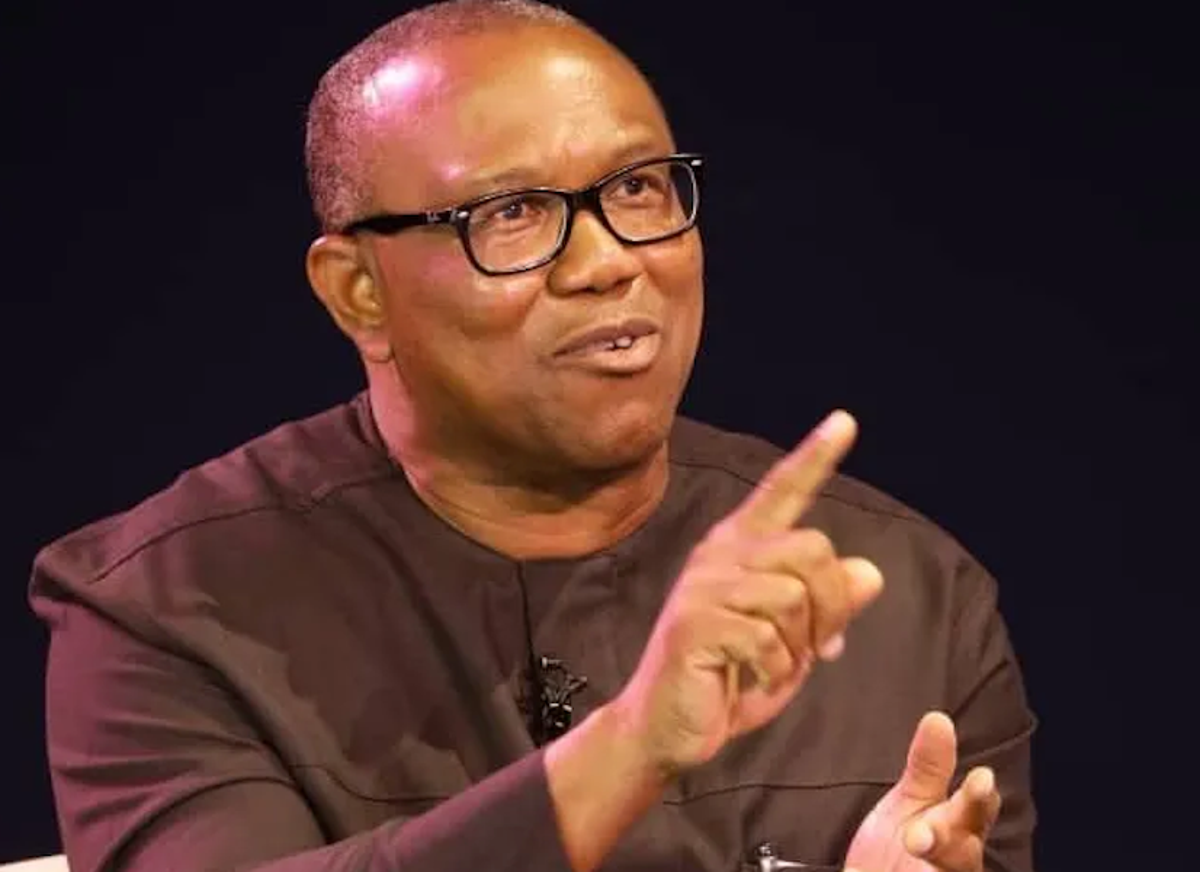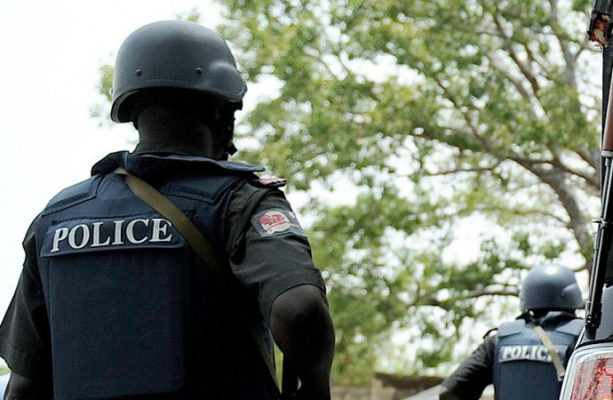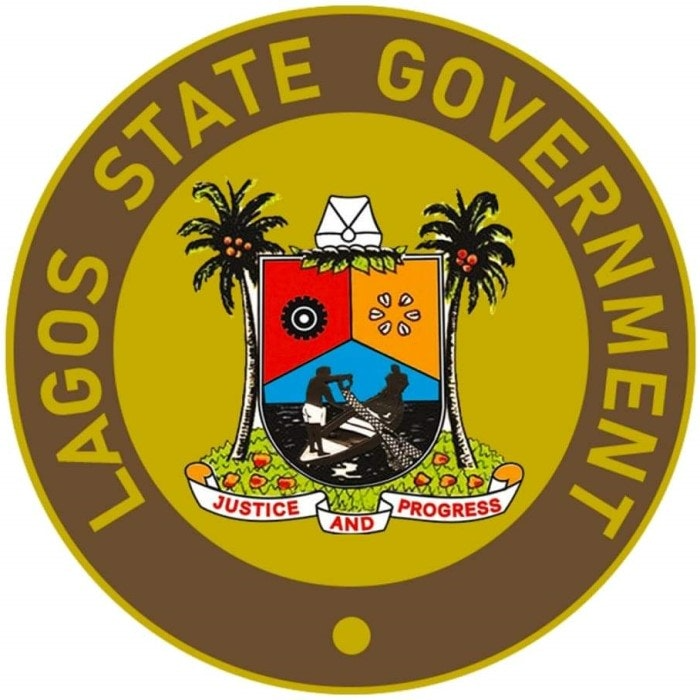Canadian court declares APC and PDP terrorists, sparking outrage in Nigeria as government rejects ruling and warns against foreign interference
Canadian court declares APC and PDP terrorists, branding Nigeria’s two biggest political parties as organisations tainted by violence and democratic subversion.
Also read: Nigeria condemns Canadian court’s reckless ruling
The ruling, delivered on June 17 by Justice Phuong Ngo of Canada’s Federal Court, has ignited outrage and diplomatic tension.
The case revolved around Douglas Egharevba, a Nigerian who sought asylum in Canada, citing past membership in the Peoples Democratic Party (PDP) and later the All Progressives Congress (APC).
Canadian authorities rejected his plea, arguing that both parties had long been linked to electoral bloodshed, intimidation, and widespread political violence.
Justice Ngo ruled that the scale of misconduct associated with the parties was too entrenched to separate their leadership from violent acts carried out by members and supporters.
This decision, though tied to an immigration case, has sent shockwaves through Nigeria’s political landscape.
Nigerian officials and party leaders swiftly condemned the judgment. APC National Secretary Senator Ajibola Basiru dismissed it as a “jaundiced perspective” with no jurisdictional authority over Nigerian democracy.
Party spokesperson Felix Morka added that media reports exaggerating the ruling were “false and misleading,” stressing that APC did not even exist at the time some alleged events occurred.
The Ministry of Foreign Affairs also waded in, describing the classification as reckless interference. Spokesperson Kimiebi Ebienfa argued that painting entire political parties as terrorists unfairly stigmatizes millions of Nigerians and undermines the country’s democratic institutions.
Despite the pushback, critics at home say the judgment reflects longstanding grievances. Civil society groups and opposition leaders have often accused both APC and PDP of treating elections like battlefields,
with ballot box snatching, intimidation, and thuggery becoming hallmarks of Nigerian politics.
The Social Democratic Party (SDP) seized on the ruling during recent by-elections, urging voters to reject “terrorist political parties” and instead support issue-based alternatives.
Even party insiders like Lauretta Onochie, a former Buhari aide, admitted in a scathing commentary that APC has “lost all the values” it once claimed to stand for.
Analysts warn that while the Canadian ruling may carry little legal weight in Nigeria, its symbolism is powerful.
To many Nigerians, the behavior of politicians broken promises, rigged polls, violence, and neglect of public welfare mirrors the psychological warfare of terrorism described by Patrick J. Kennedy: manipulating citizens through fear, uncertainty, and division.
As Nigeria grapples with the fallout, the case underscores a deeper truth: the country’s democracy faces a crisis of trust, and until political leaders abandon violence and impunity,
Also read: PDP criticizes APC’s choice of ethically challenged Ganduje as national chairman
foreign courts may not be the only ones branding them with labels that sting.







